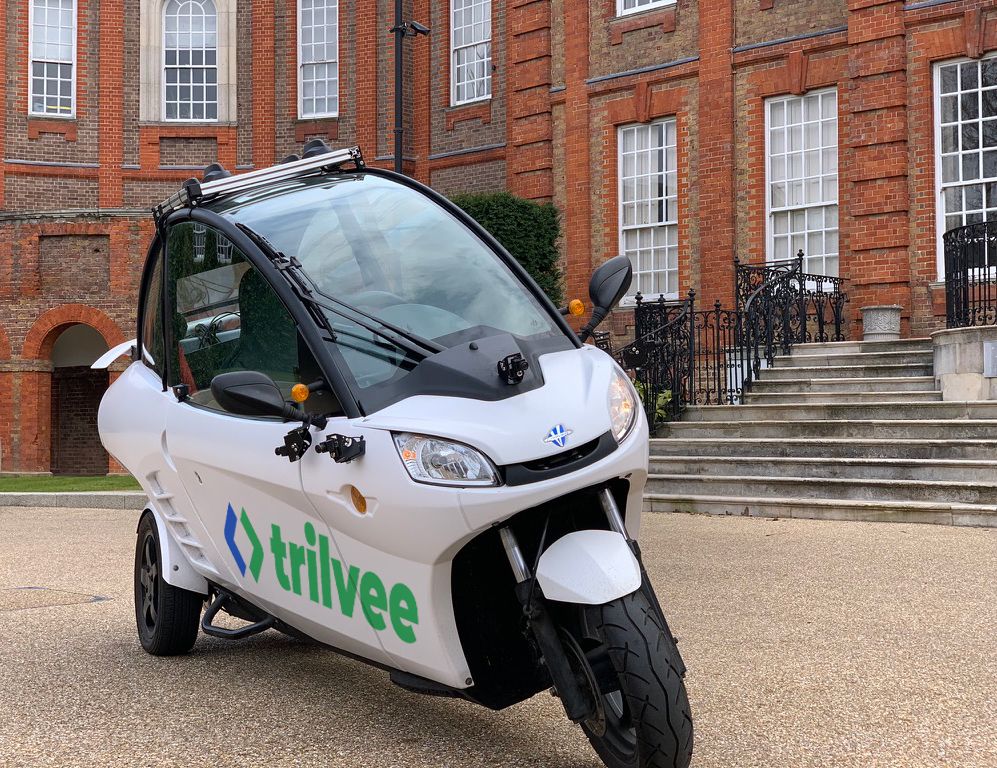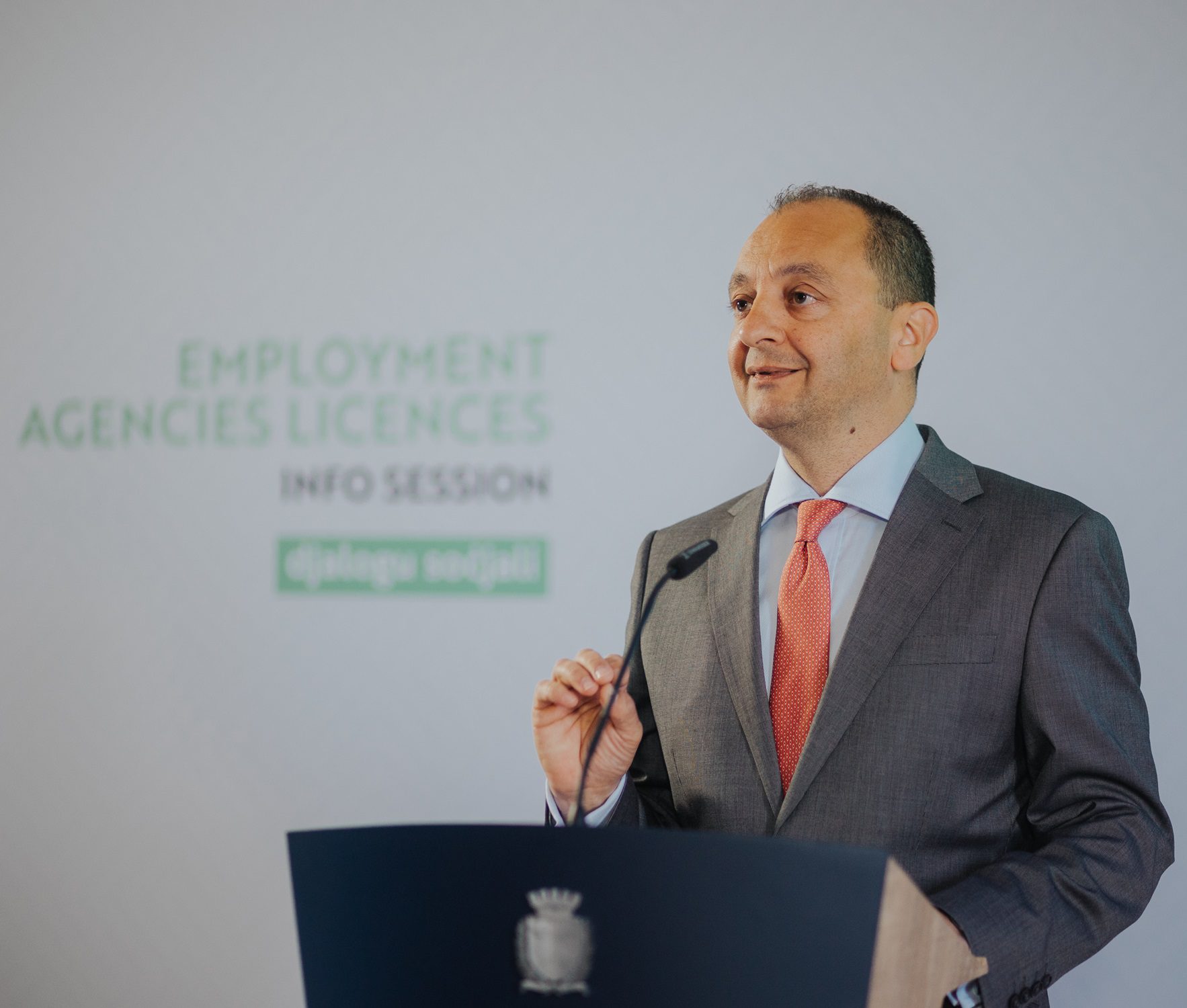Trilvee, a London-based urban mobility start-up led by a Malta-born founder, promises to revolutionise the way we get from A to B by eliminating the need for parking and drastically reducing traffic.
As Trilvee itself points out, even Elon Musk, an innovator taking on some of the world’s toughest challenges, does not take the traffic issue lightly. “Defeating traffic is the ultimate boss battle,” he tweeted back in March. “Even the most powerful humans in the world cannot defeat traffic.”
Defeating traffic is the ultimate boss battle. Even the most powerful humans in the world cannot defeat traffic.
— Elon Musk (@elonmusk) March 6, 2022
Enter Michael Mangion, who describes himself as a serial entrepreneur on a mission to decarbonise personal urban transport. Undaunted by the scale of the problem, he explains the rationale behind his innovation in simple terms: “We size our cars for the worst case trip, so they’re the worst size for most trips.”
Living in London for the last 15 years, Mr Mangion has seen first-hand how single occupancy vehicles clog up the narrow roads, leading to gridlock. This inspired him to embark on the vision of building a highly efficient, more human-focused urban transport network, supported by a team of experts in software, automotive, and product.

To achieve this goal, Trilvee is building an on-demand service enabling people to hail right-sized vehicles delivered to their doorstep by remote control with no need to park at their destination, as the vehicles are remotely driven to their next pick-up location or to charge.
This enables most trips to use a lightweight two-seat electric vehicle (EV), while still having the versatility to hail full size cars or even vans when needed.
“This solves two key pain points in a city – it beats traffic and completely removes the need to park, all while reducing the energy impact and thus carbon emissions,” said the company, which released a one-minute video showing how it works.
“Nearly 90 per cent of all car journeys are single or dual occupant, yet we drive around in large sedans or SUVs, wasting energy and road space and generating harmful rubber particulates,” according to the company. “Moreover, on average, a car sits idle 95 per cent of the time, wasting money and taking parking space that could be put to better use.”
Working closely with policy makers and with local authorities in the UK and in Europe, Trilvee is looking to reduce car ownership and create a new category of mobility that is far more comfortable and safe than a scooter or bike and far quicker and more efficient than a car.
It hopes that it will help countries and cities accelerate the transition to EV and meet ambitious net zero policies.
All Trilvee’s events have been organized in close collaboration with Malta Enterprise and with support from GO.
“GO is the largest investor in Malta’s digital infrastructure, enabling people and businesses to stay connected, enabling lives and livelihoods, and supporting multi-sectoral industries for many years,” said company CEO Nikhil Patil.
“Our purpose is to drive a digital Malta where no one is left behind. What we are witnessing here today is testament to this. It clearly demonstrates how this investment in infrastructure and the latest technologies, in particular 5G, is transforming the transportation industry, making the lives of many, better every day.”
The demo will be taking play on Tuesday 6th September (today) at the National Stadium at 5:30pm. To register your interest, get in touch with head of product Ewa Dominiak on +44 7427551689 or [email protected].
ICT sector makes up 10.3% of Malta’s economy, most in EU
Malta was also in the top spots for value added from ICT services and ICT manufacturing
Building and Construction Authority CEO resigns days after fatal construction incident
Jesmond Muscat quits after less than two years in the role
Government launches portal for temping agencies to apply for a licence, following regulations
New regulations, aimed at regulating the sector and diminishing abuse, came into force on 1st April






